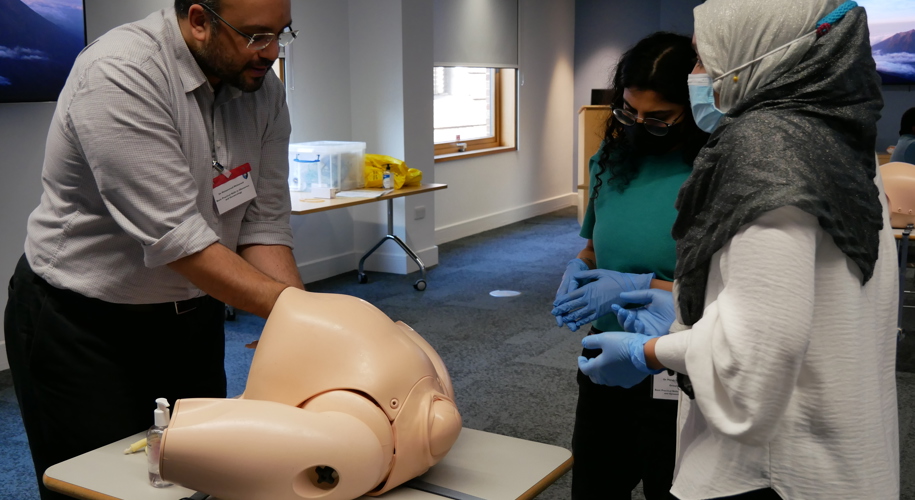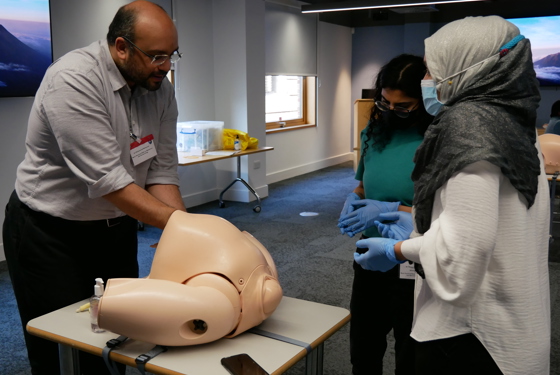This page provides answers to general FAQs about a career in O&G.
This section of the site also contains FAQs about a career in O&G from:
Experience in another specialty, including a change of career direction, won’t disadvantage you in applying for specialty training in O&G. You should consider what additional skills and experience your previous training has given you and how these relate to O&G. Consider the generic skills listed in the person specification for specialty training and how your previous experience can help you demonstrate these skills.
You’ll also be expected to demonstrate your enthusiasm for and commitment to the specialty. You can do this in a variety of ways, such as:
- Undertake relevant audit projects with transferrable knowledge and skills
- Undertake ‘taster’ sessions in O&G
- Make time to attend relevant clinical sessions outside your normal working requirements
You should record all of these activities in your portfolio.
The first step is to confirm your eligibility to work in the UK. Visit the UK Border Agency website and the General Medical Council (GMC) website for more information.
Next, you need to consider your eligibility to enter specialty training in O&G in the UK, which includes the requirement that you have 18 months’ or less experience of O&G at the time of appointment. For more information, visit the NHS specialty training website.
If you’re not eligible for specialty training, you may be considered for posts that aren’t considered for training by the GMC but that can provide equivalent experience to a recognised post. These are generally posts that provide a service, with variable support for training. These posts are advertised by individual NHS trusts and are usually advertised by NHS Jobs and, sometimes, BMJ Careers. The details and specific requirements for each job, as well as a contact person for further enquiries, will be provided in the job description and person specification.
You can also read the RCOG’s guidance about working in Britain for non-UK doctors.
Like all acute medical specialties, O&G is a demanding specialty and will include out-of-hours working throughout your career. However, it also welcomes doctors who wish to train and work less than full-time (LTFT), usually at 50–80% of a full-time post, and many O&G doctors successfully combine their career with domestic responsibilities.
Applications for LTFT training are managed regionally following successful appointment to specialty training. Your region will have an Associate Dean (or equivalent) with responsibility for LTFT, who’ll be able to provide further advice. Your School of O&G will also have a lead for LTFT training.
For more information, please read the RCOG’s guidance on LTFT training.


